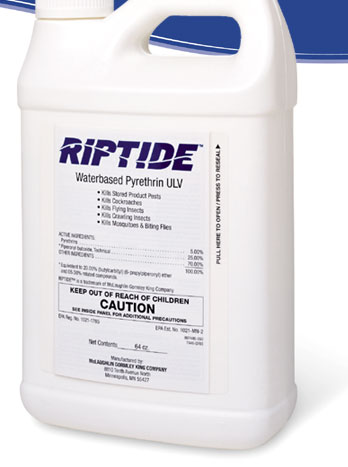These little F*$%@# just finished my first coco grow, yield was a bit low 1.2lb per 1kw. I was blaming it on Sensi A&B.... Just getting ready to re-pot my next round and give it another go. Well I was taking a break from picking roots from the coco(I was planning on re-using it) and I noticed something crawling on my hand. The more I looked I noticed hundreds of these little buggers on my arm, looked at the soil and holy crap!!!!
Took a video http://www.youtube.com/watch?v=ogst9TR7srg
I'm up in Canada I thought these buggers were more of a southern issue. I purchased some merit 75 a year ago or so just in case I ever ran into them. Guess I will be dusting it off.
Now... the used coco is in the same room as my new 12" plants. I was thinking about hammering all the plants and the old coco with merit 75 and see how I make out before tossing out all the used coco. This is $700 worth of coco here.... i'd like to save it if possible.
Took a video http://www.youtube.com/watch?v=ogst9TR7srg
I'm up in Canada I thought these buggers were more of a southern issue. I purchased some merit 75 a year ago or so just in case I ever ran into them. Guess I will be dusting it off.
Now... the used coco is in the same room as my new 12" plants. I was thinking about hammering all the plants and the old coco with merit 75 and see how I make out before tossing out all the used coco. This is $700 worth of coco here.... i'd like to save it if possible.











